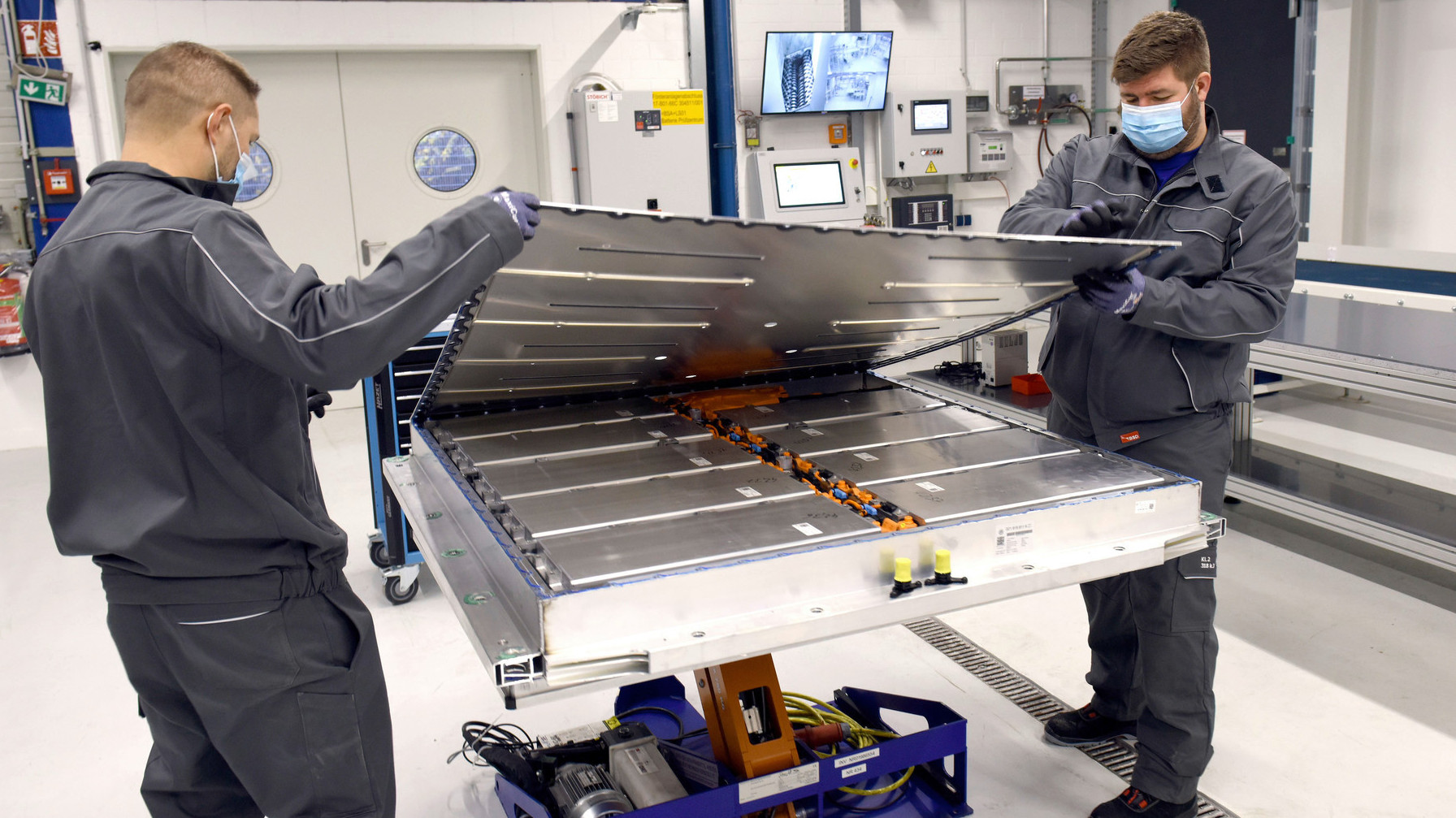EVs Are Gaining Steam. Here's What Will Happen To All Those Dead Batteries
Volkswagen announced a pilot program for EV battery recycling in Salzgitter, Germany, and it's about time one of the biggest carmakers started addressing the inevitable EV question: What about the batteries?
Concern over battery recycling has loomed for a long time, but now that EVs are in volume production it's even more important for the industry to address it. The announcement from VW is just one of the latest among a number of these that have popped up in the past few years.
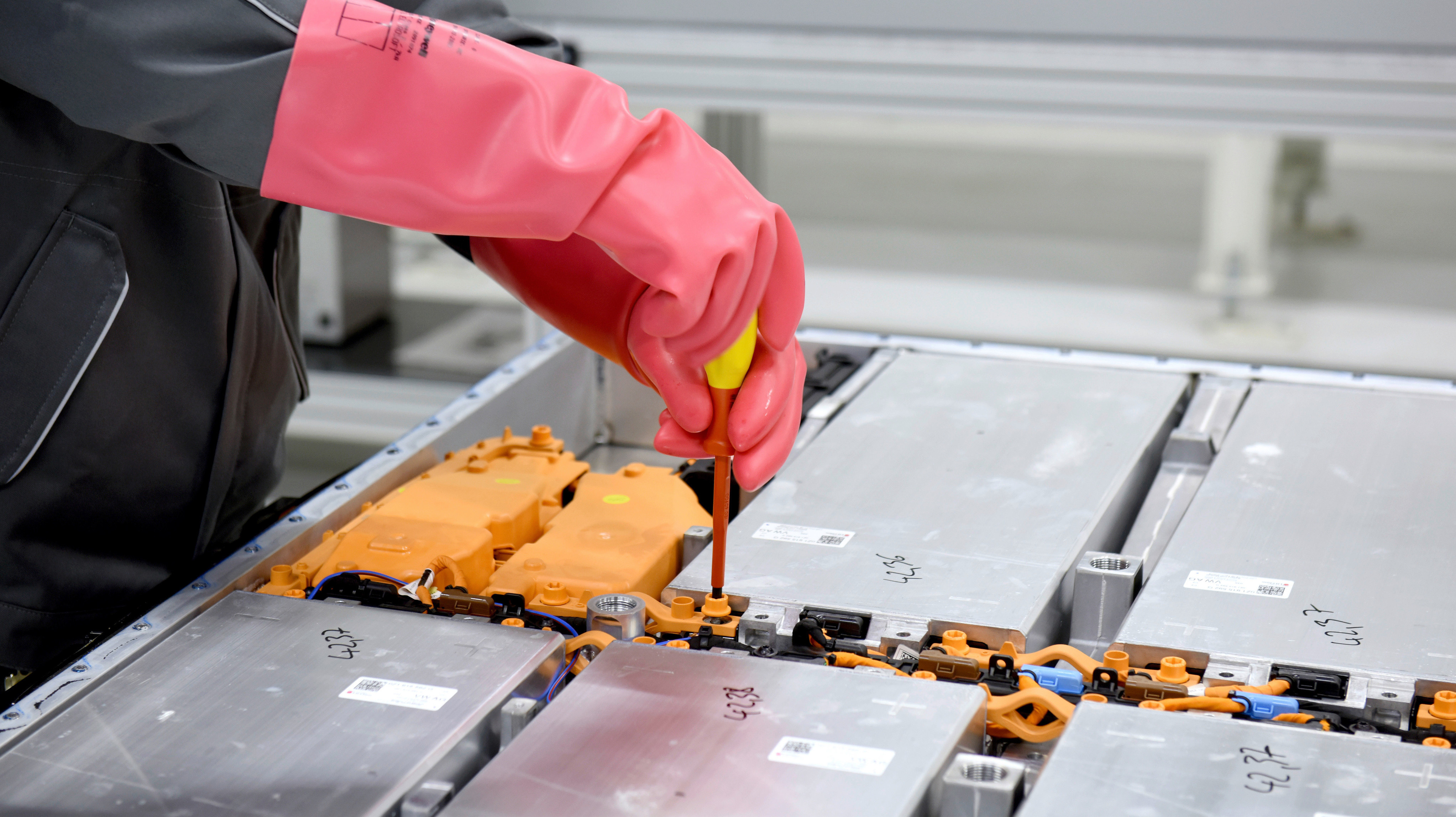
While Volkswagen is neither early nor late, we should note that Nissan had begun to consider what its Leaf EV would mean for waste production as far back as 2010. Back then, Nissan partnered with Sumitomo Corporation and got to work developing a solution.
Their joint venture, now known as 4R Energy Corporation, opened a plant in 2018 that would take spent EV batteries and put them into power grids to store excess energy harvested from renewable energy sources — typically generating intermittently — like wind and solar.
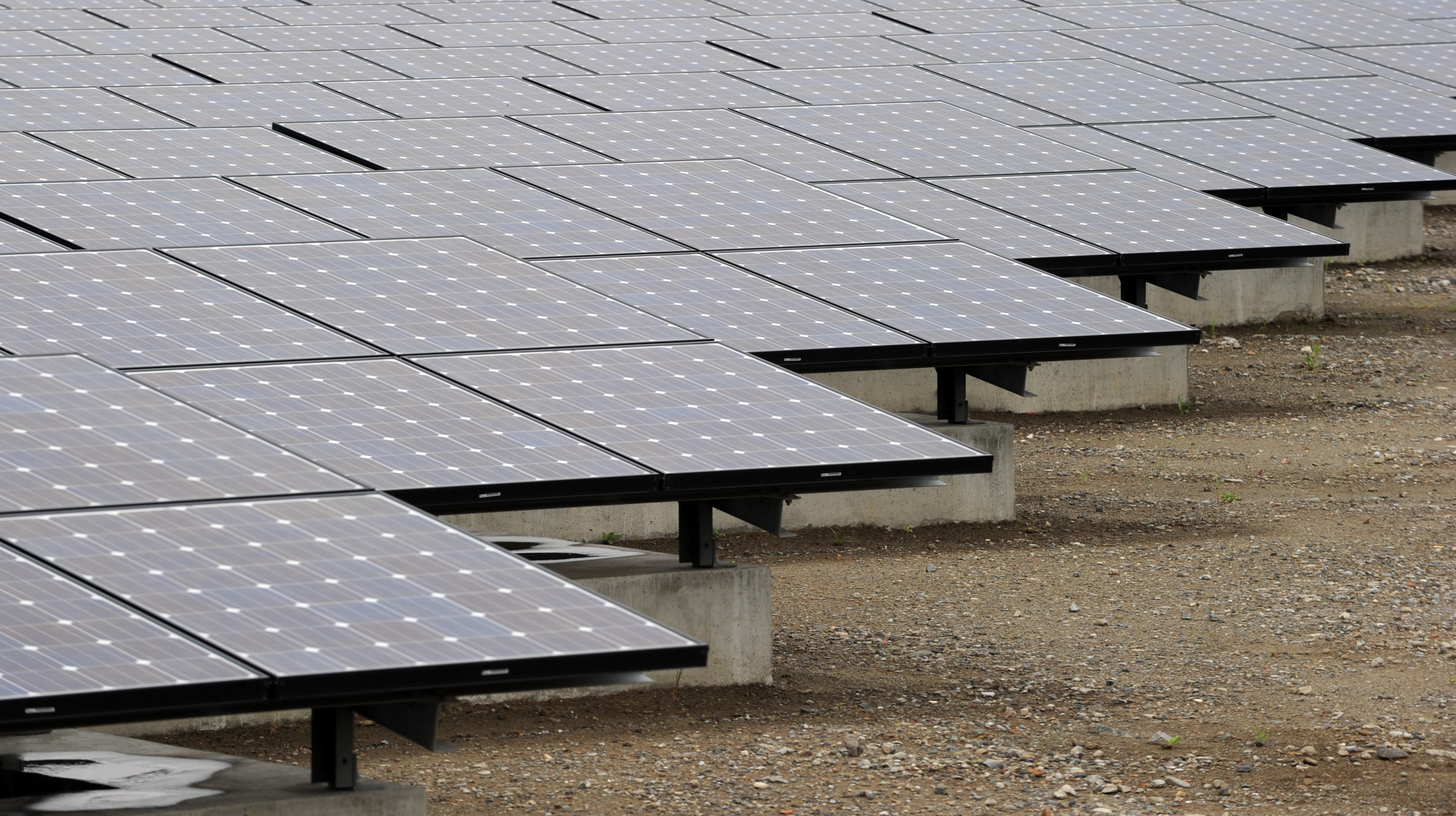
Another Japanese carmaker, Toyota, partnered with Belgium's Umicore to process its lithium-ion battery waste. And the Belgian company touts other big carmaker clients, too, such as Audi, BMW and Tesla. So VW is hardly the first carmaker to concern itself with battery recycling, but it is one of the few to target its own in-house operation which plans to focus on batteries that have reached the end of their life.
Those earlier attempts from Nissan and Toyota focused on repurposing batteries. And throughout Europe, carmakers were taking a similar approach by putting batteries back into the grid. These second-life EV batteries were those that had fallen below a certain capacity and could no longer be used in cars but were still useful. Many carmakers, among them Renault, Daimler and SAIC-GM, also partnered with third parties to repurpose batteries.
But end-of-life batteries are no longer fit for repurposing. These go on for further processing in a number of plants around the world. VW's relatively small Salzgitter plant is an end-of-life recycler.
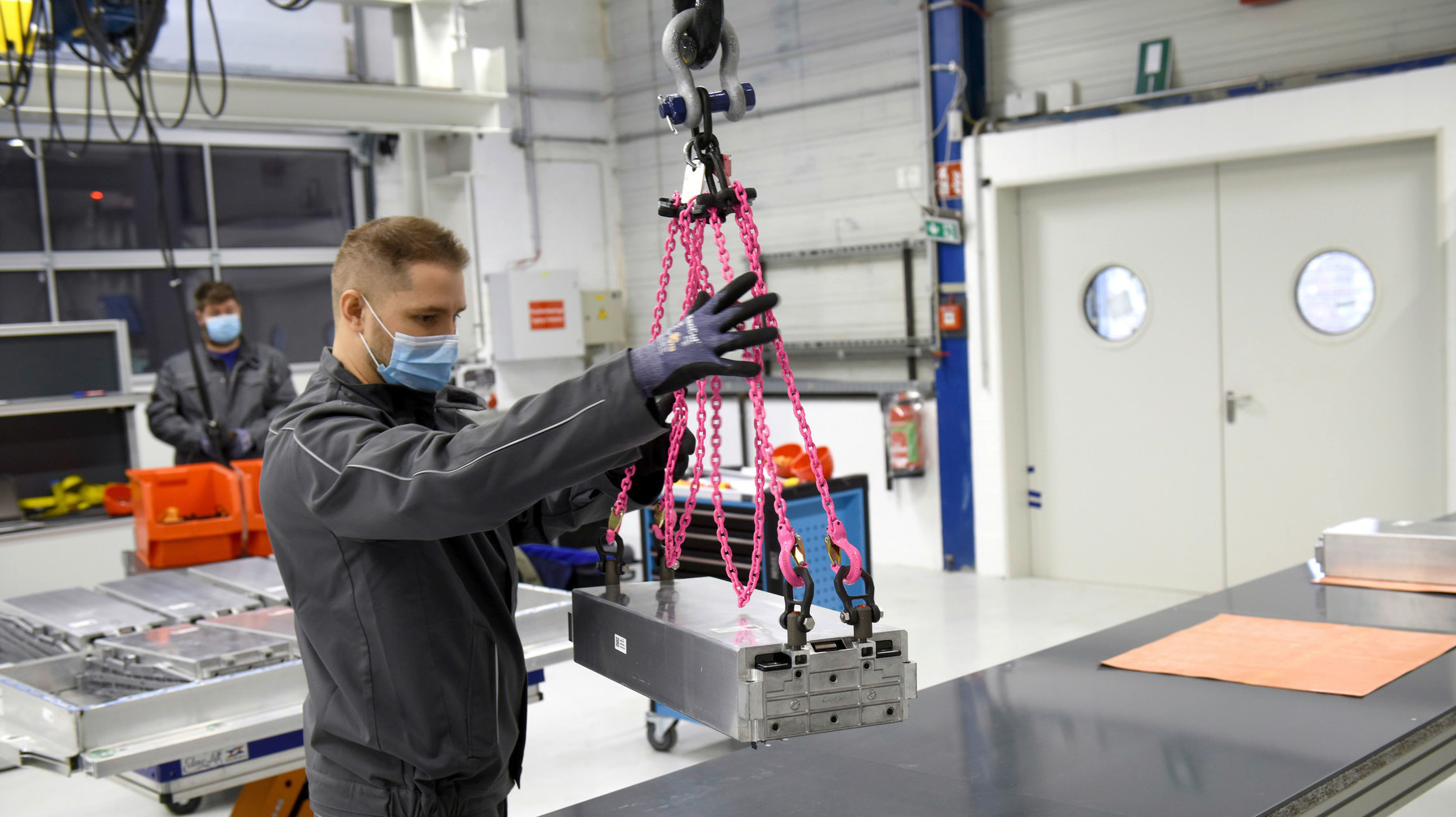
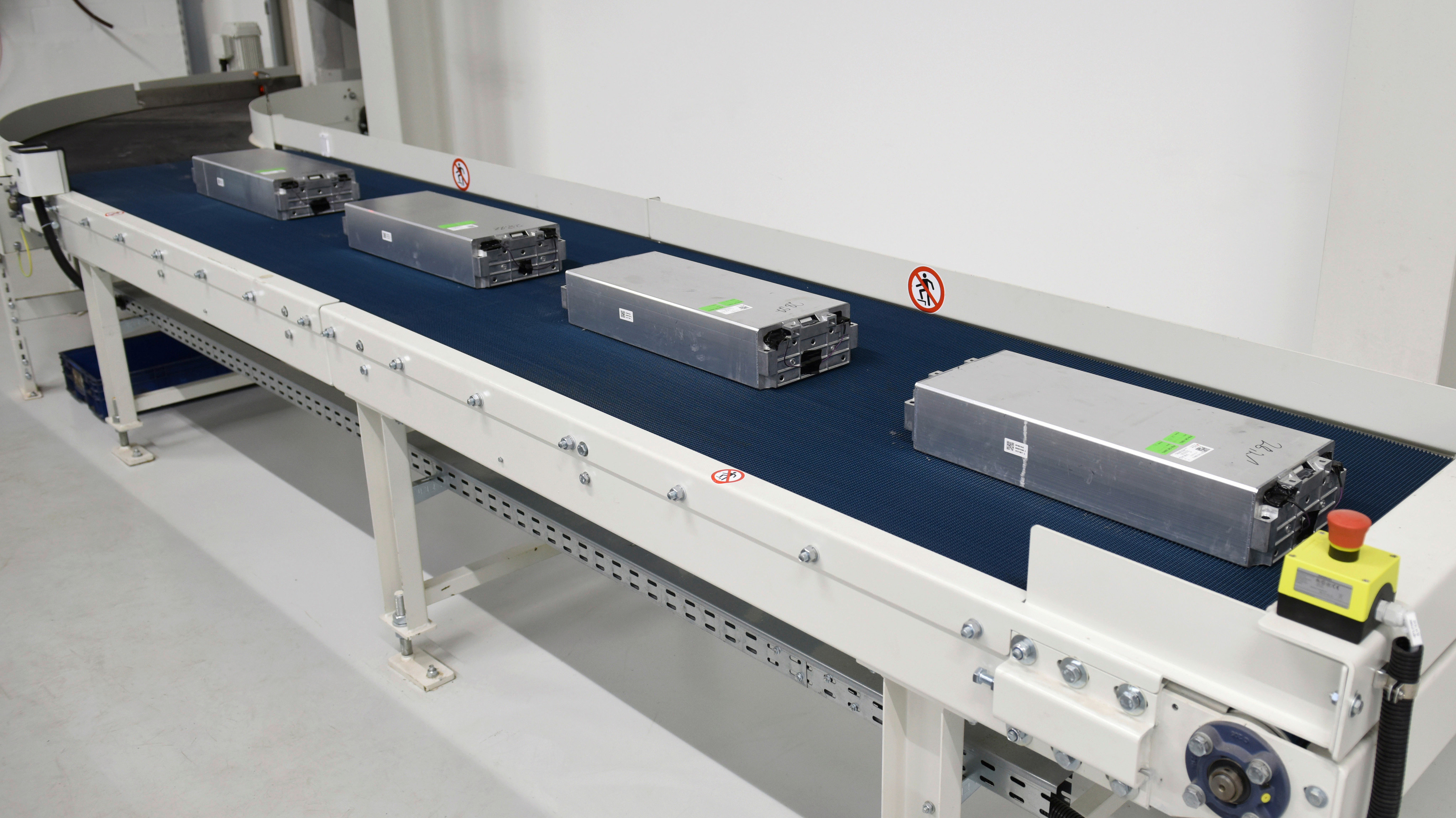
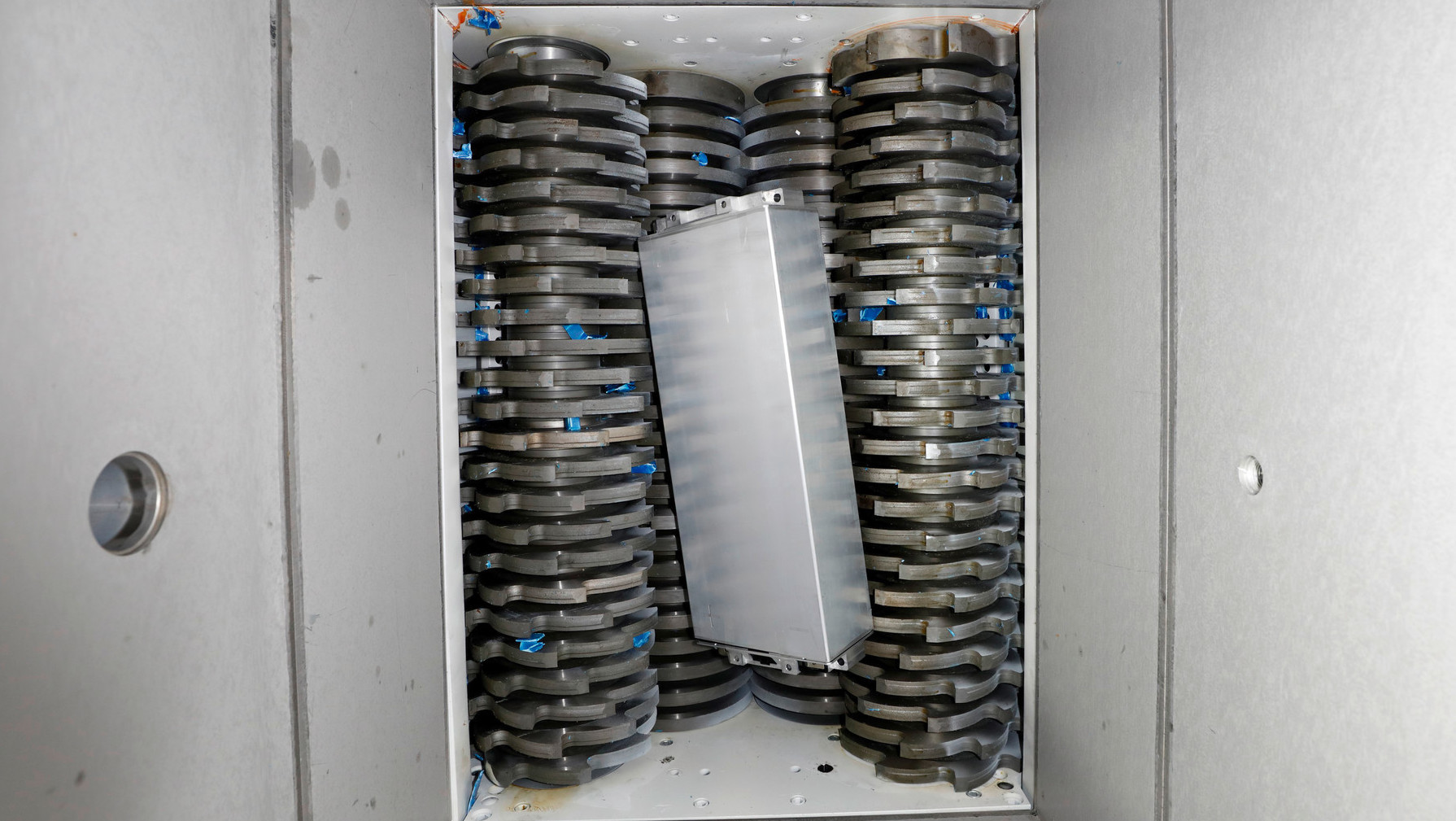
Batteries in Salzgitter are torn down and split into composite groups, yielding a product straight out of Blade Runner called black powder. This byproduct contains all the raw materials (lithium, nickel, manganese, cobalt and graphite) needed to make new cathodes and is just one of the bits the process extracts from the dead batteries.
And the powder is only a small portion of the recycled materials, among which are aluminum, steel and plastic. The powder then undergoes yet another process offsite, where the minerals are separated using water and chemical agents. Volkswagen says this complex method reclaims "over 95 percent of the battery weight," and it hopes to create a closed-loop recycling process for its cathodes. This closed-loop will eventually matter a lot reducing the amount or raw material mining needed.
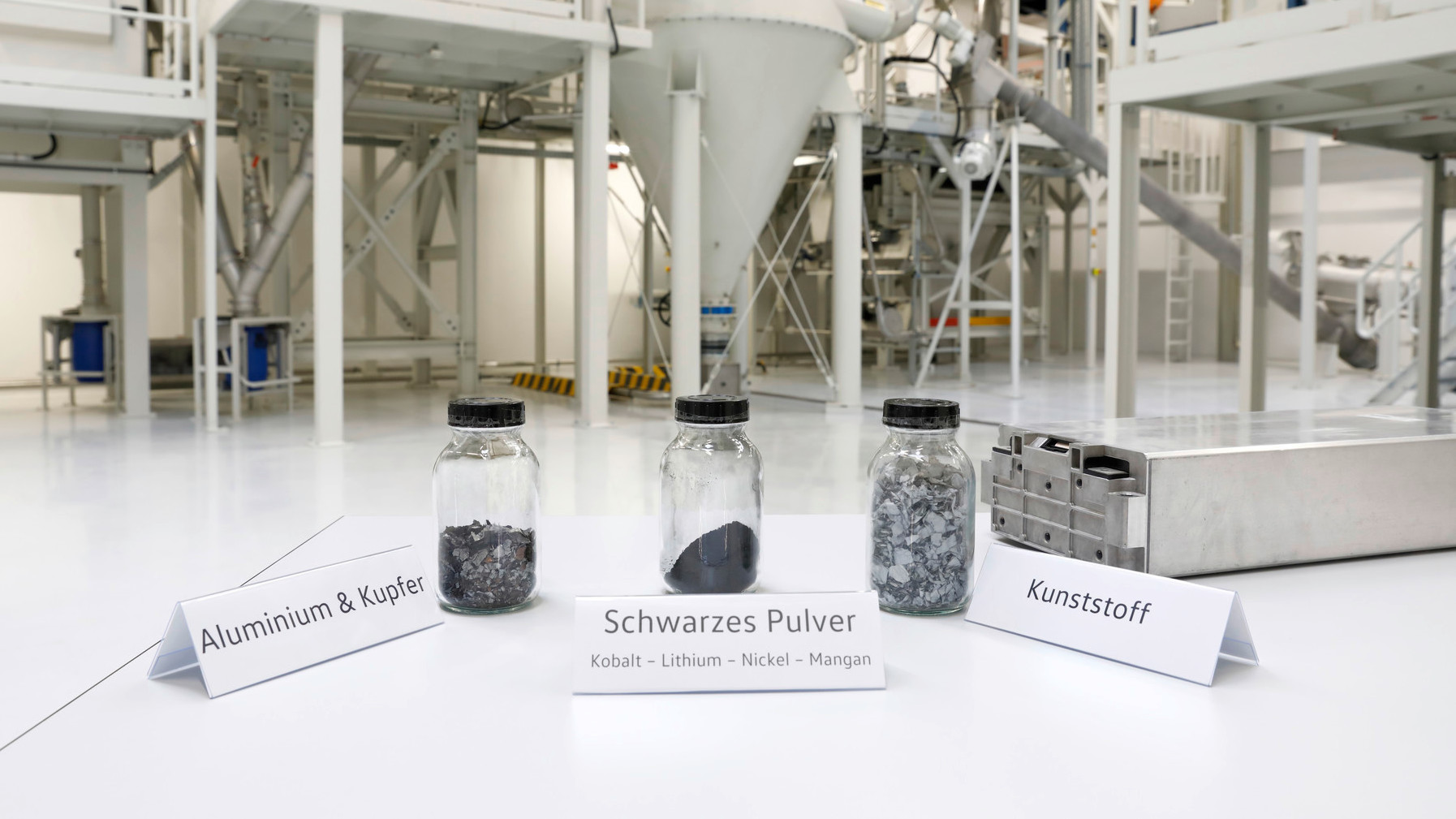
But Volkswagen did not develop this, process; it just adopted it. Like Volkswagen, many recyclers now claim that the recovery rate for EV battery materials exceeds 95 percent. And that number has been steadily climbing as the technology matured.
That higher rate of recovery is possible through a couple of advances, such as the move noted above, from pyrometallurgy to hydrometallurgy, and also a decentralized form of recycling called Spoke and Hub processing. In this process, touted by North American recycler Li-Cycle, the Hub refines materials for new batteries, while the Spoke facility produces the black mass (powder) from spent batteries.
Volkswagen's announcement is not exactly groundbreaking, then, but it's a small step in the right direction. The company aims to recycle about 1,500 tons, or up to 3,600 battery systems, at the outset of the plant's operation. But that is a small figure in comparison to the amount of batteries that will eventually need recycling.
Chemicals giant BASF estimates that "...[around] 50,000 tons of batteries are expected to be recycled by 2027 in Europe and it could be multiplied almost tenfold by 2035." In the UK, the University of Birmingham concluded that "...[based] on the 1 million electric cars sold in 2017, researchers calculated that 250,000 tons [...] of unprocessed pack waste will result when these vehicles reach the end of their lives."
And that huge amount is just in Europe alone. It doesn't account for China, which is the world's largest market for EVs. Brunp, a subsidiary of leading battery maker CATL, opened a new plant in Hunan province that can reportedly recycle 100,000 tons per year. And China is going to need plants that big because even back in 2018, Reuters reported that battery waste there was expected to reach 170,000 tons.
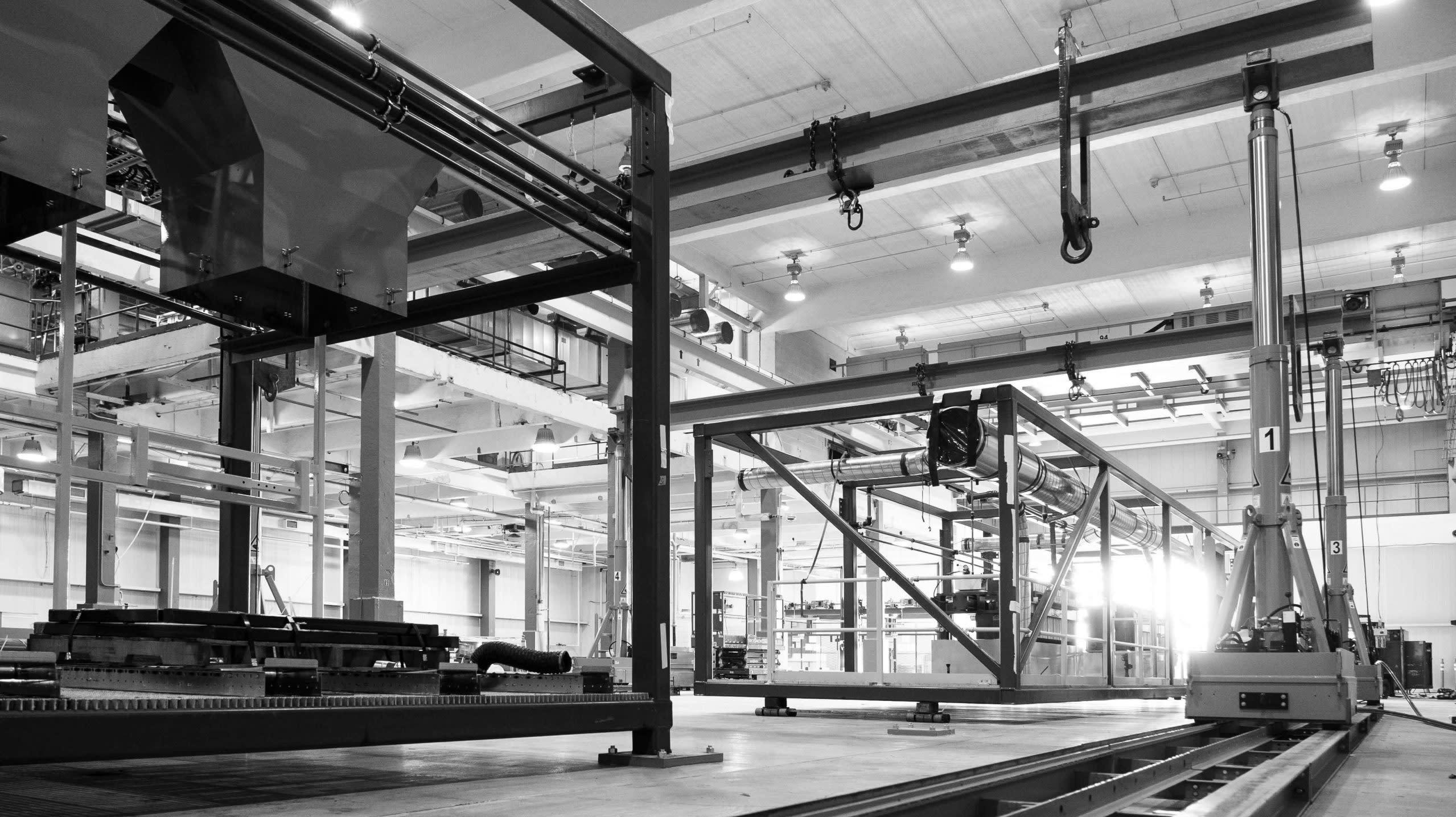
So you can see how the VW Salzgitter plant's figures are modest, even when compared to current operations in North American plants where just last year, Li-Cycle opened a plant in Rochester, New York. This plant can "...process up to 5,000 tons of spent lithium-ion batteries per year, which brings Li-Cycle's total recycling capacity to 10,000 tons [per] year..."
Clearly, carmakers and their partners are taking big steps toward electrification and one of the biggest will be handling the overwhelming amount of dead batteries. Welcome to the future, Volkswagen.
